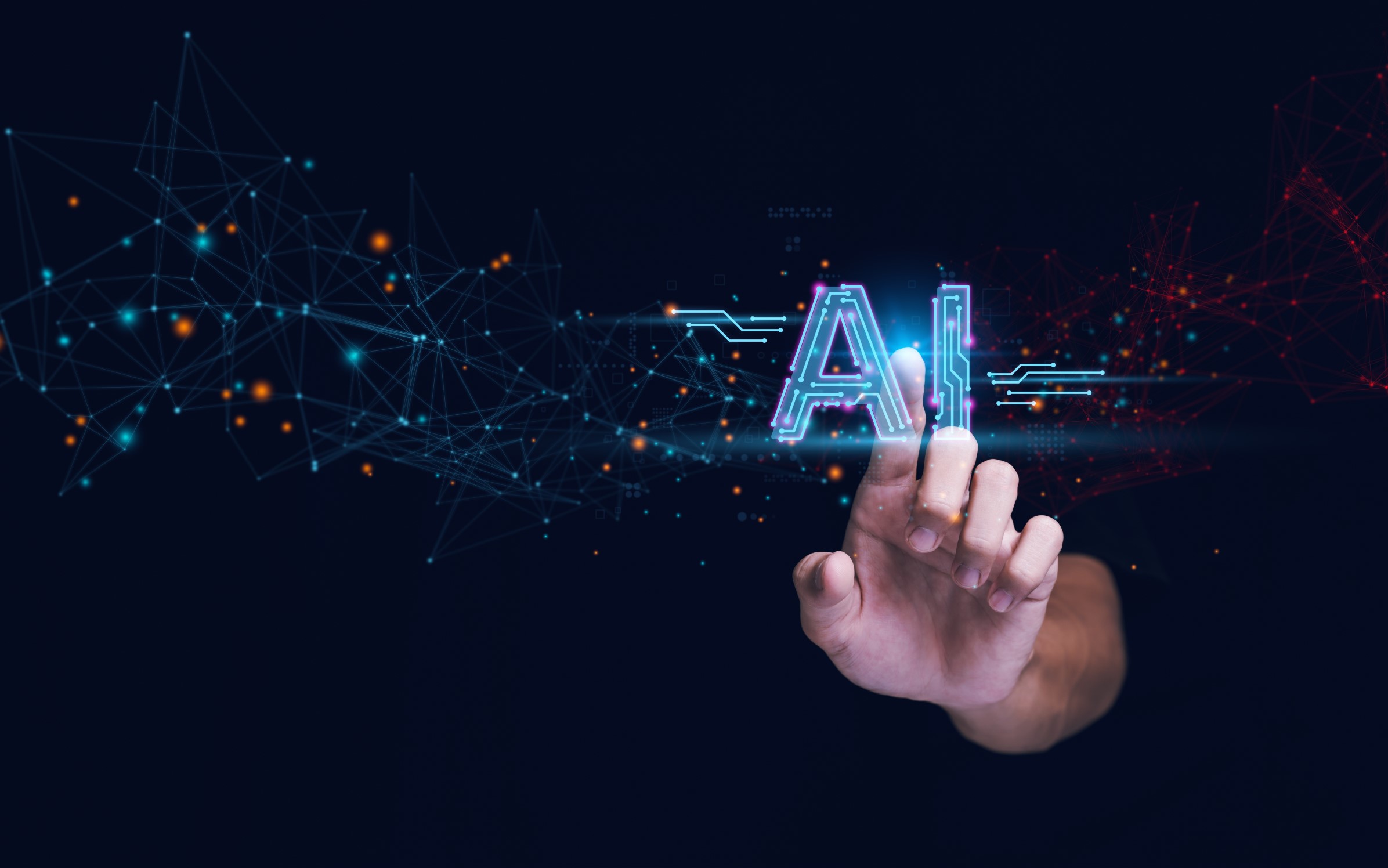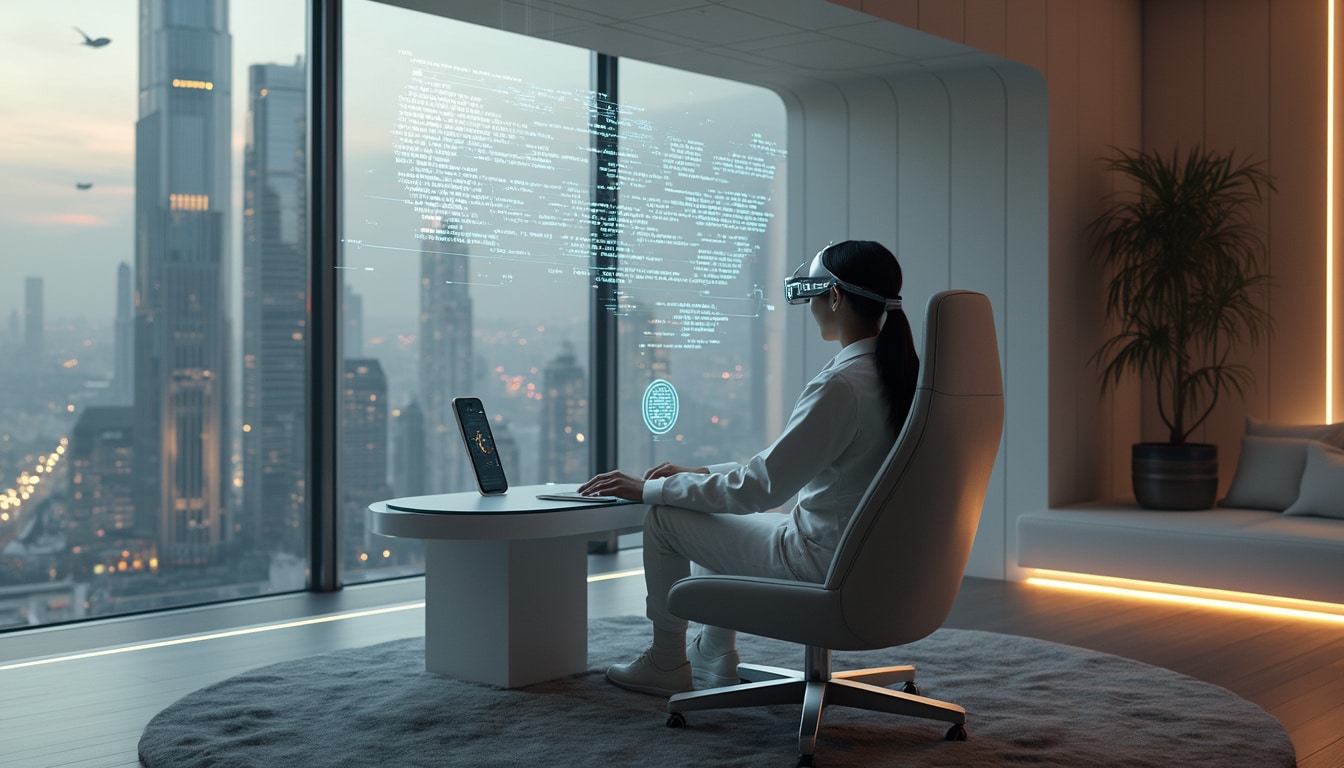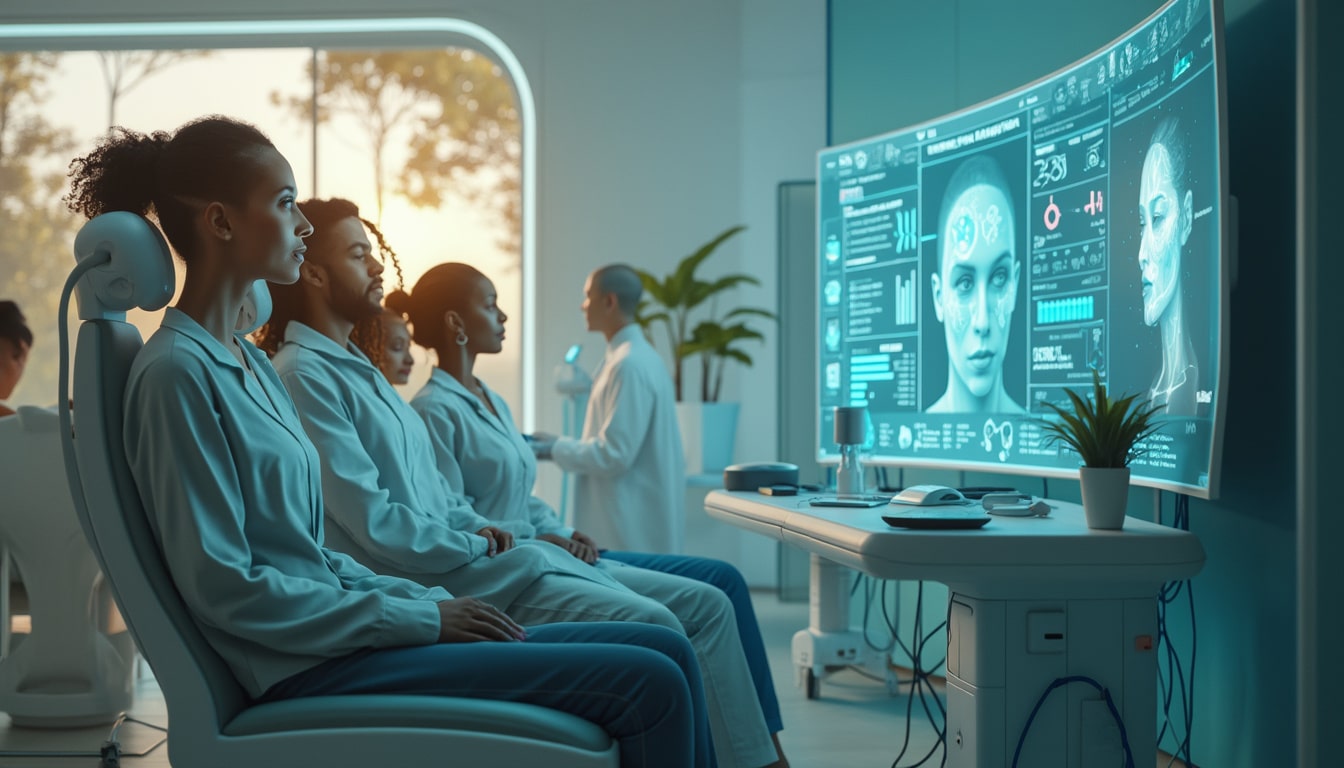As we embark on a thrilling journey into the future, the realm of artificial intelligence stands at the brink of a revolutionary transformation. OpenAI has boldly predicted that by 2025, AI systems will be capable of operating independently of human oversight. This groundbreaking evolution will see the rise of autonomous AI agents that can respond to queries and troubleshoot problems without the need for human intervention. With experts like Richard Ngo weighing in on the potential for AI to outperform humans in numerous economic tasks, the stage is set for remarkable advancements that could redefine our relationship with technology and reshape entire industries. As we eagerly anticipate this exciting leap into the unknown, the question lingers: how will these innovations impact our lives and the workforce of tomorrow?
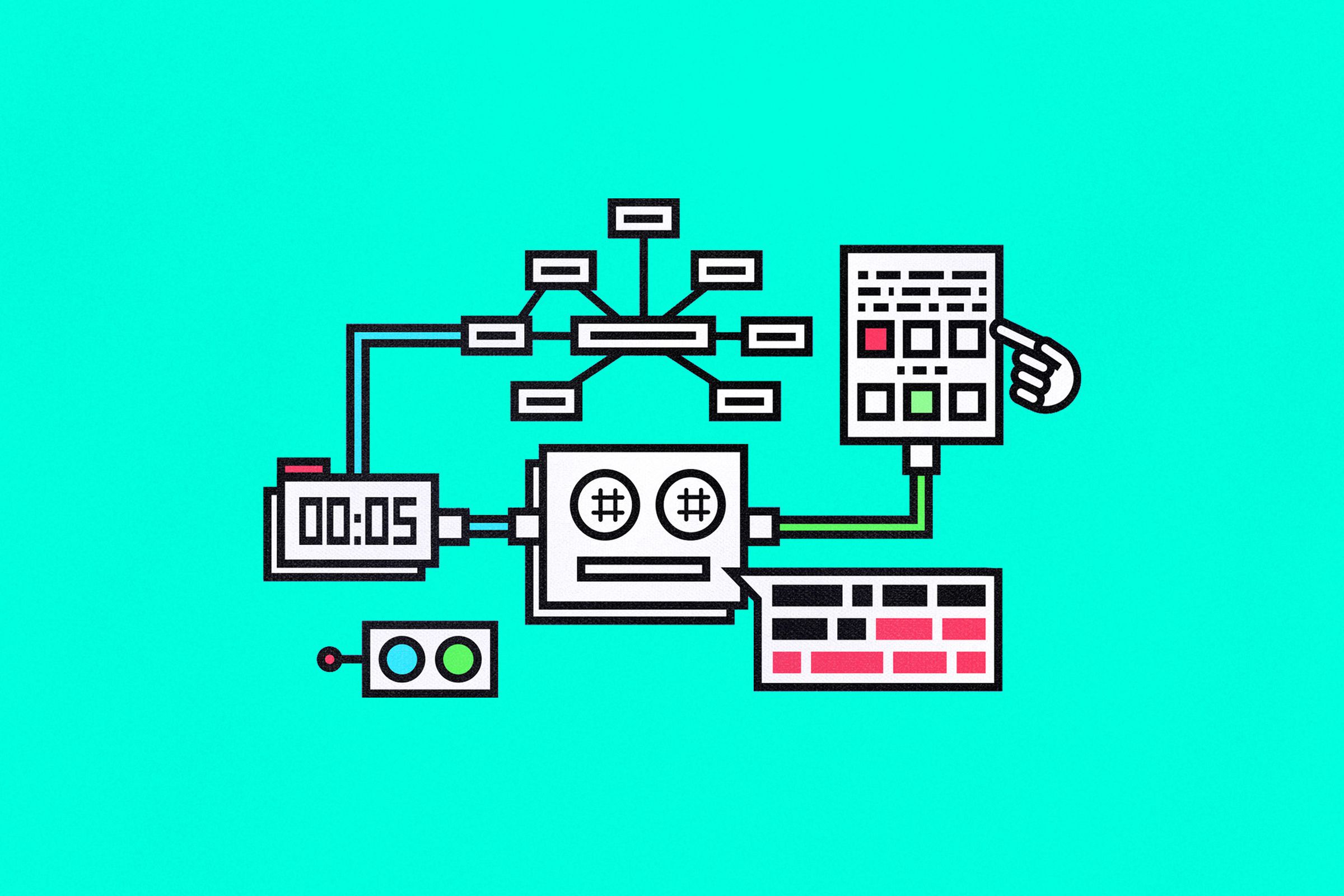
As we leap into the future, the realm of artificial intelligence is poised for unprecedented advancements. OpenAI has made bold predictions regarding AI’s evolution, asserting that by 2025, AI systems will function autonomously, performing tasks without human intervention. This transformative leap could reshape industries, streamline processes, and introduce a new era of technology where machines are capable of handling complex queries and tasks on their own.
Table of contents
ToggleThe Dawn of Autonomous AI Agents
The next few years promise a revolution in the way we interact with technology. OpenAI has confirmed that we will soon witness the emergence of true AI agent systems. These agents are designed to process and respond to human queries independently, simulating a conversational partner that possesses the ability to think and operate without continuous human oversight. This advancement echoes a significant shift in how we view machine intelligence, moving from mere response tools to independent problem solvers.
Predictions for 2025: A Glimpse into the Future
An exciting prediction comes from Richard Ngo of OpenAI, who envisions a 2025 where AI agents are fully integrated into day-to-day operations across various sectors. The idea of superhuman intelligence—capable of exceeding human performance in economically valuable tasks—is no longer just a speculative notion. With vast computing power and advanced neural networks, AI is set to not only assist but potentially outpace human workers in several fields.
Multi-Agent Systems: Collaboration Among AI
By 2025, an exciting development will be multi-agent systems. These systems will enable AIs to collaborate with one another, sharing insights and solving complex problems as a cohesive unit. Capgemini has highlighted this shift, indicating that AI agents will be able to communicate, strategize, and tackle tasks more effectively when working in tandem. This collaborative approach could lead to innovative solutions and heightened efficiency in organizational workflows.
OpenAI’s Five-Step Journey to AGI
OpenAI has charted a comprehensive roadmap to achieving artificial general intelligence (AGI), which signifies a level of AI intelligence that surpasses human capability in numerous areas. The organization is focusing on key milestones that delineate their progress toward this ambitious goal. Central to this roadmap is the development of autonomous systems that can learn, adapt, and thrive without human input, facilitating a future where AI can be relied upon to manage myriad tasks.
Human vs. AI: What Lies Ahead?
As these advancements push the boundaries of technology, a crucial question arises: will AI replace humans in the workforce? While the Harvard Business Review suggests that AI won’t entirely take over human roles, it underlines a significant transformation in job dynamics. Skills that complement AI capabilities will become paramount as human workers adapt to an ecosystem where AI handles routine and complex tasks alike.
Is AI Capable of Predicting the Future?
The intriguing concept of AI’s predictive capabilities is gaining traction. As AI systems become increasingly sophisticated, their ability to analyze data trends and project future outcomes is expected to improve remarkably. This raises fascinating discussions around AI’s potential to forecast individual life events or economic shifts, and how such capabilities could impact decision-making both on personal and organizational levels.
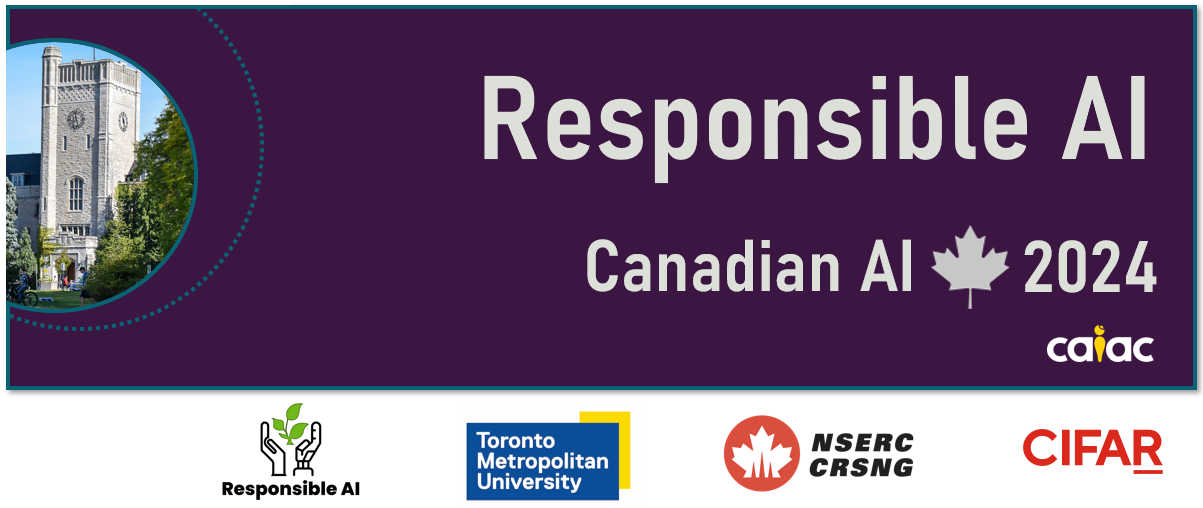
I independently made the same exact forecast @Brendan_Duke Sigh https://t.co/ZfYNHH5UYo
— Adam Posen (@AdamPosen) August 5, 2024


